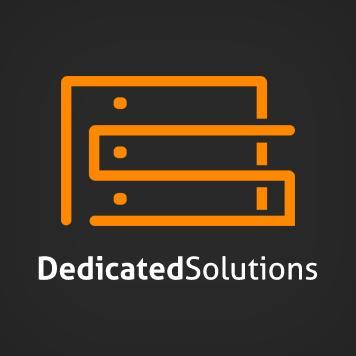The Business Continuity Plan With Flexible Business Models
The Business Continuity Plan With Flexible Business Models
 The business context has changed significantly in recent years. The companies need to work ever more agility, life cycles of products have become shorter, and information flows have accelerated. This is because customers are increasingly demanding, and businesses need to adapt if they adequately serve this new market.
The business context has changed significantly in recent years. The companies need to work ever more agility, life cycles of products have become shorter, and information flows have accelerated. This is because customers are increasingly demanding, and businesses need to adapt if they adequately serve this new market.
To this context a new technological framework that may require greater modularization and scalability. Each organization has different needs, and it is suitable for each technology, which is causing different technology models to coexist.
Among them, the cloud is the model that is establishing itself as the reference in this new reality. The data have become the primary asset of enterprises and cloud technologies allow manage with greater agility. Given the coexistence of different options as both private and public, companies are adopting a hybrid cloud model.
In this context, DedicatedSolutions is positioned as a leading managed services and cloud provider with flexible models based on service and pay per use. Its offer PaaS, SaaS and IaaS cloud. At all levels, security, data integrity, and communication are key elements.
In recent years, companies have gone from a technological environment based on own infrastructure to incorporate the services of outside vendors. Consequently, companies must manage a combination of public cloud services and in sometimes own private clouds.
In this hybrid environment, data have become the primary asset of business. The differentiation in products and services is focusing on quality, management and delivery of information. Consequently, the competitive advantage of companies will depend on largely how to manage these elements.
The question for organizations is no longer whether to adopt cloud, but under what conditions, and what factors can accelerate their use:
- The most important criterion for businesses is security. Once data leave corporate facilities, organizations want to maintain visibility into how protects and regulates the information. Therefore, companies need to ensure suppliers control, visibility, and integrity of your data. The industry is responding to that need.
- The second accelerator is the ability to move data and workloads among different clouds. The challenge of data portability goes beyond the mere fact of transferring the data from the public clouds to corporate facilities. IT departments must be able to move data between all economic cloud environments, smooth and dynamic. Thus, they can adapt to ever-changing business needs, and optimize the benefits scalability and elasticity that presents the cloud environment.
- Regarding the economic criteria, companies pursue savings and acceleration returns. The capabilities of economies of scale offered by cloud providers with the ability to provide pay per use model allow maximize savings and accelerate returns on investment.
- Finally, ensure that the data remains in the country or region is a concern in the organizations. Provide visibility into the location of data is a criterion of great importance for businesses and a differentiator between providers.
DedicatedSolutions is aware of the complexity of managing this hybrid environment with multiple providers and changing demand. Therefore, it is positioned as a provider of multi-cloud services.
We have developed the cloud and managed services offering payment mode use so that companies can hire the services they need and when they need them.